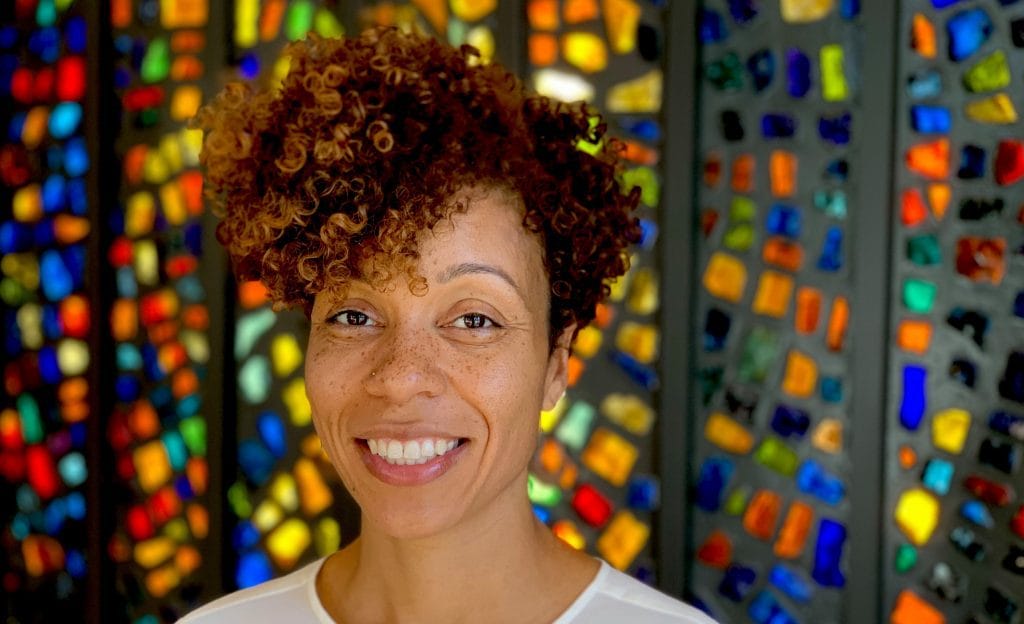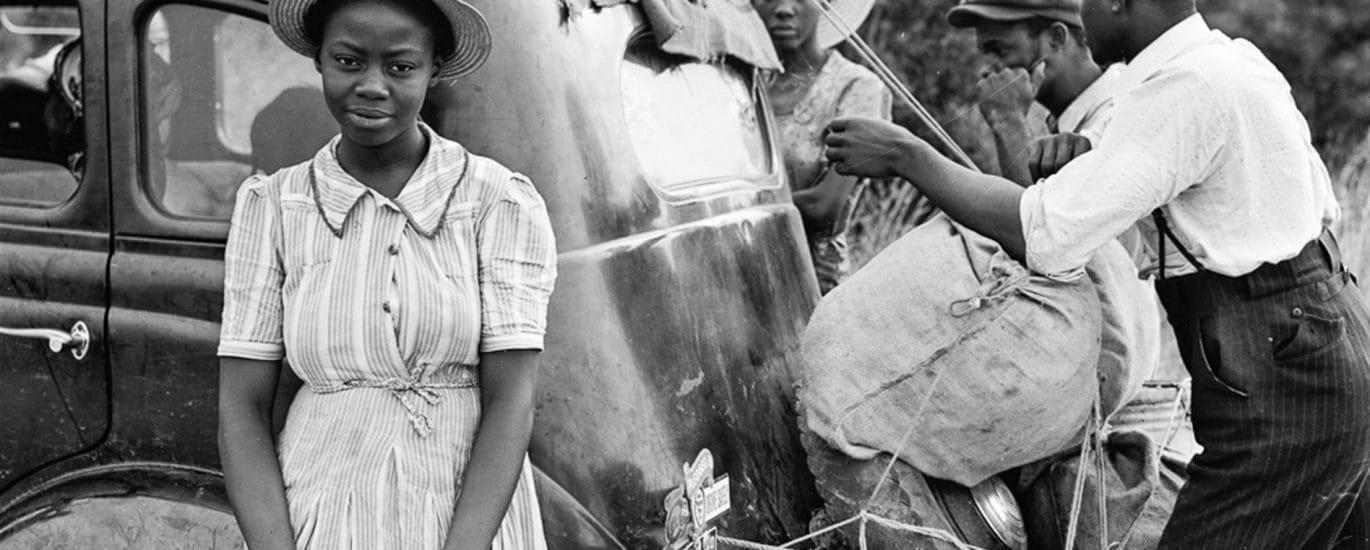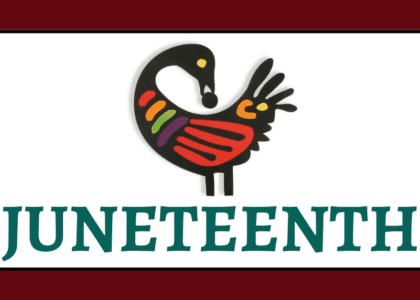By Chalice Overy
Usually, when I hear the word history, I associate it with my least favorite subject in school. Whether it was North Carolina History, US History, World History, or Church History—I just wasn’t into it. Yet, since elementary school, I’ve always looked forward to Black History Month with great anticipation. To this day, when February arrives, it greets me with a tangible nostalgia. I’m flooded with memories of Black History Month school projects and plays in my predominantly black school, along with special programs at my church and in my community. I can still feel the great pride that accompanied those commemorations knowing that people like me had done the most amazing things in the face of unrelenting oppression.
It occurs to me now that the pride I felt was not by chance. It was carefully engineered by all the black teachers, parents, Sunday School superintendents and community leaders that organized these events year after year. They were not simply trying to teach us history, they were trying to impart something to us that would carry us into the future. Beyond the facts of the lives of the historic figures they introduced to us, there was one clear, overarching lesson: “If they could do it, so can you.”
I feel a bit of sadness now as I consider how desperate my community was to instill in us the value that we were just as good and just as capable as anyone else. So assured were they of the forces mobilized to convince us otherwise, so certain of their own inability to shield us from them, they did all they could to fortify us against the impending attack. It grieves me that, in a way, they had to expose us to the idea of black inferiority in an attempt to inoculate us against internalizing that inferiority.
This is the challenge that accompanies special seasons and special recognition; that in their attempts to offer a corrective against the dominant narrative they inadvertently reinforce its dominance. Some argue that Black History Month normalizes the centering of white culture and white history and the relegation of blackness to the margins (of the shortest month of the year). Others believe that Black History Month gives white people a pass on properly recognizing the contributions of black people on the other 337 days of the year. Do we need to add Black History Month to the growing list of things that seemed like a good idea but turned out to be too problematic? Should we ‘cancel’ Black History Month?
I agree that Black History Month is problematic, even for some of the reasons mentioned above. However, I’m convinced that the most problematic aspect of Black History Month is its challenge to the idea of white supremacy, which is why we need to keep it around.
Right now, in my home state of North Carolina, the state board of education is battling over the use of the term “systemic racism” in the Social Studies curriculum standards. Across the country, efforts to teach a more full account of our nation’s history have been labeled anti-American and un-patriotic. What we’re witnessing is an attempt to uphold white supremacy and protect white privilege by denying the fact that we manufactured it by our own laws. As a black child, Black History Month offered me a corrective to this kind of gaslighting. Black History Month taught me that systemic racism is more American than baseball and apple pie. Black History Month showed me that gaps in wealth, education and housing were not indicative of any inherent deficit in black people but a result of policy and resource allocation. At this very moment Black History Month is teaching me that I actually do like history when I can locate myself in it and when it affirms my humanity. Instead of eliminating something that has consistently offered a strong witness against white supremacy, why not work to extend that witness?
White institutions can do this by embracing Black History Month as more of an indictment than an indication of progress. Remembering that Black History Month is a response to the whitewashing of American History, white institutions can use Black History Month as a time to take inventory of their sustained efforts toward equity and justice. Schools can use it as a time to assess where black people are missing or misrepresented in the larger curriculum. Businesses and non-profits can do more than sponsoring a Black History Month advertisement to demonstrate that they value black lives. They can take the month of February to focus on recruiting black talent, contracting with black businesses, and striving for equity in service delivery. White churches can use their education programs to offer their members the historical racial analysis they missed in school. They can use those 28 days to pull together resources—images, readings, music—that they can use to decolonize worship throughout the year. Black History Month can be used as more than an opportunity to appease black consumers or check a box on a progressive to-do list. Rather, it can serve as a regular reminder to check (or revise) policies and practices that may not match an institution’s stated values. The more an institution can demonstrate its concern for black lives year round, the less it matters what it does in a particular month.
Now, as for me, I’m always going to celebrate Black History Month, and I’m always going to encourage black institutions to do the same because it gives us a chance to narrate our own story and instill that sense of pride in the next generation. Still we can go beyond the Black History Month programs of my youth with their hefty focus on personal achievement. We can speak plainly to the systemic nature of racism and its impediment to black achievement and black life. In addition to teaching children to believe that they can be anything, we can prepare them to push for policy that will help actualize that belief. We can use February to train young people in activism. We can teach cooperative economics as a way of subverting racist systems and leveraging our collective power against them. In this way Black History Month can support black life and resist white supremacy all year long.

Chalice Overy is a liberation preacher and spiritual leader who loves doing theology on the margins. She is the Associate Pastor at congregational partner Pullen Memorial Baptist Church in Raleigh, NC.




Recent Comments